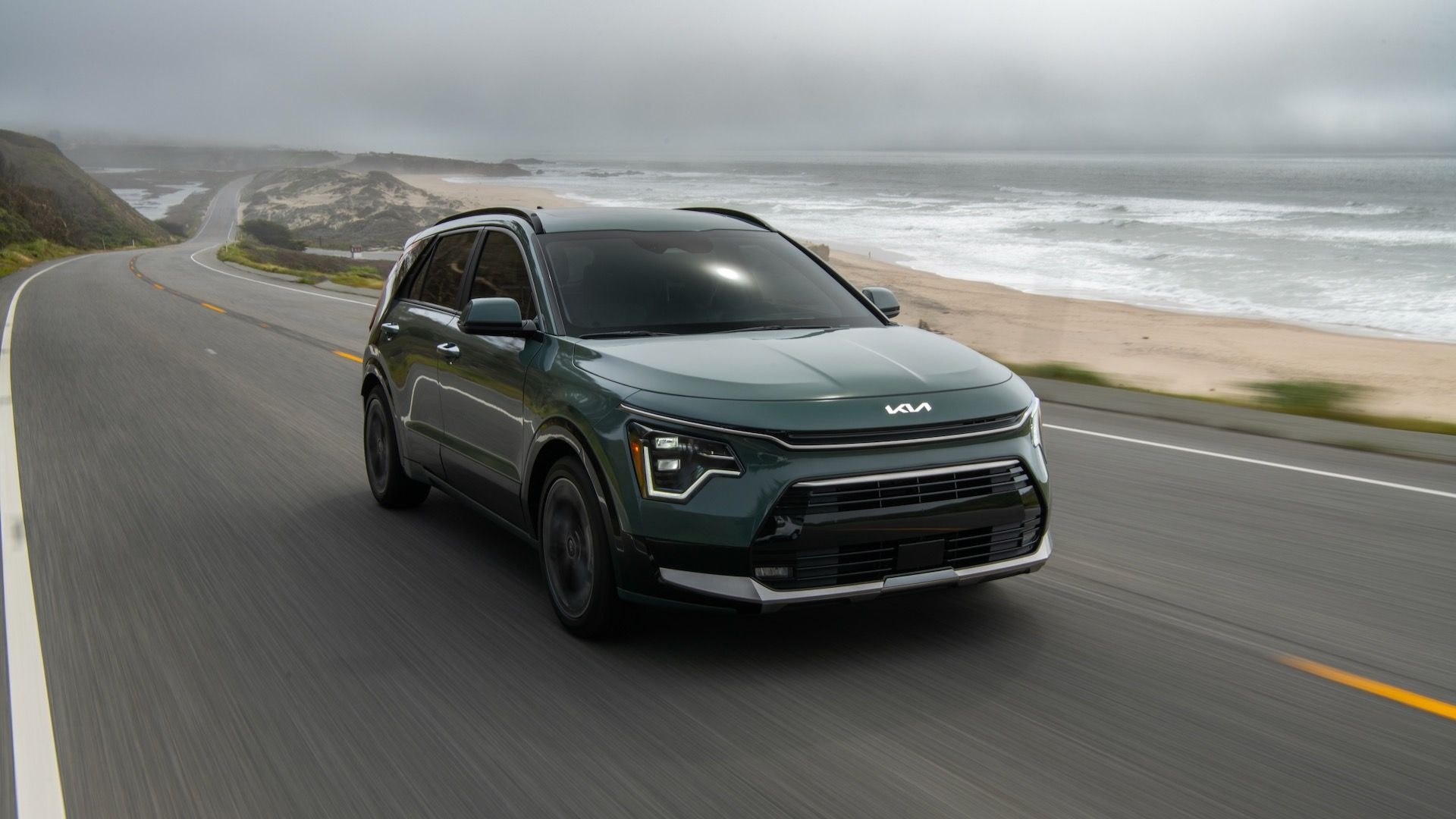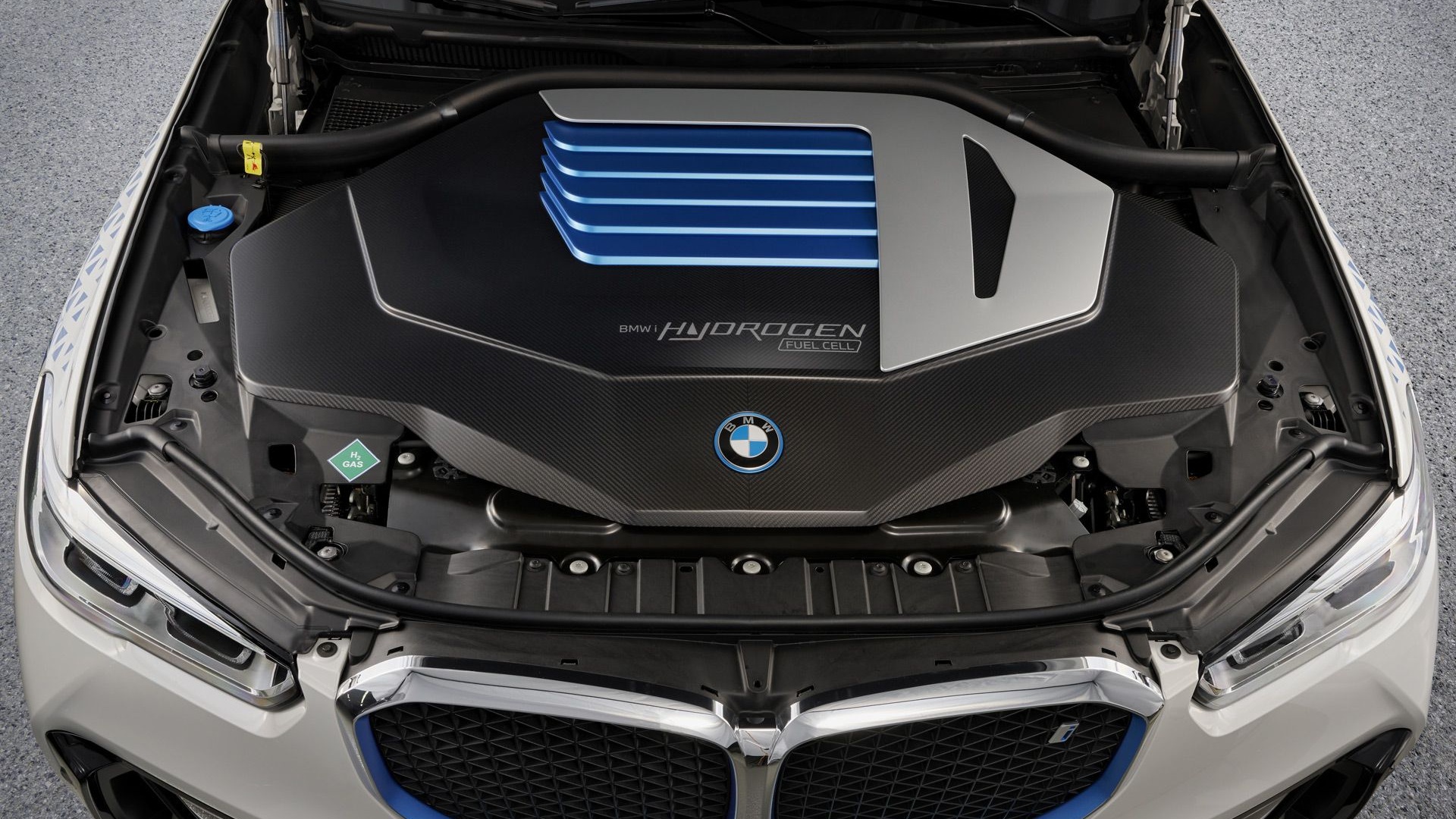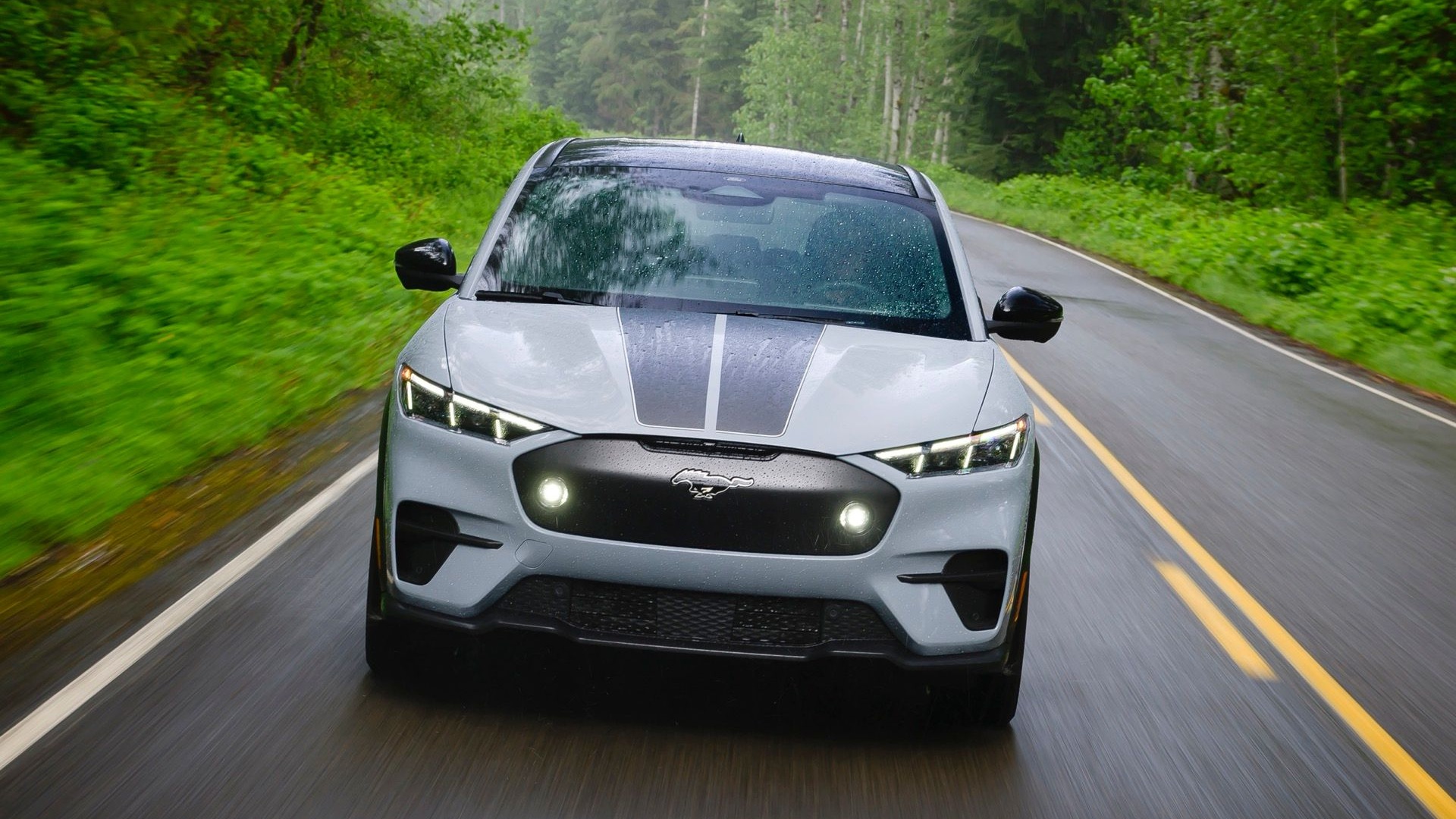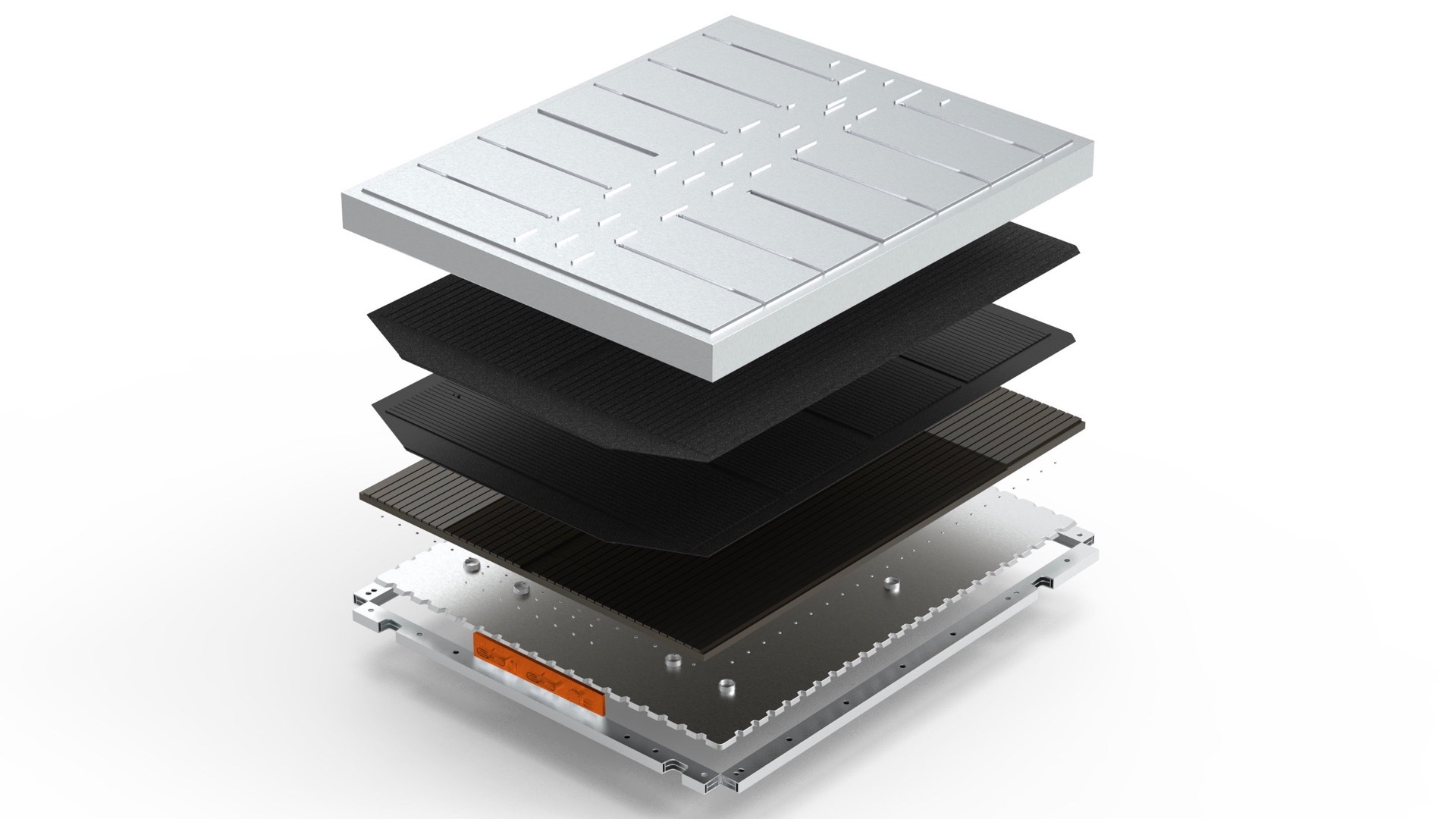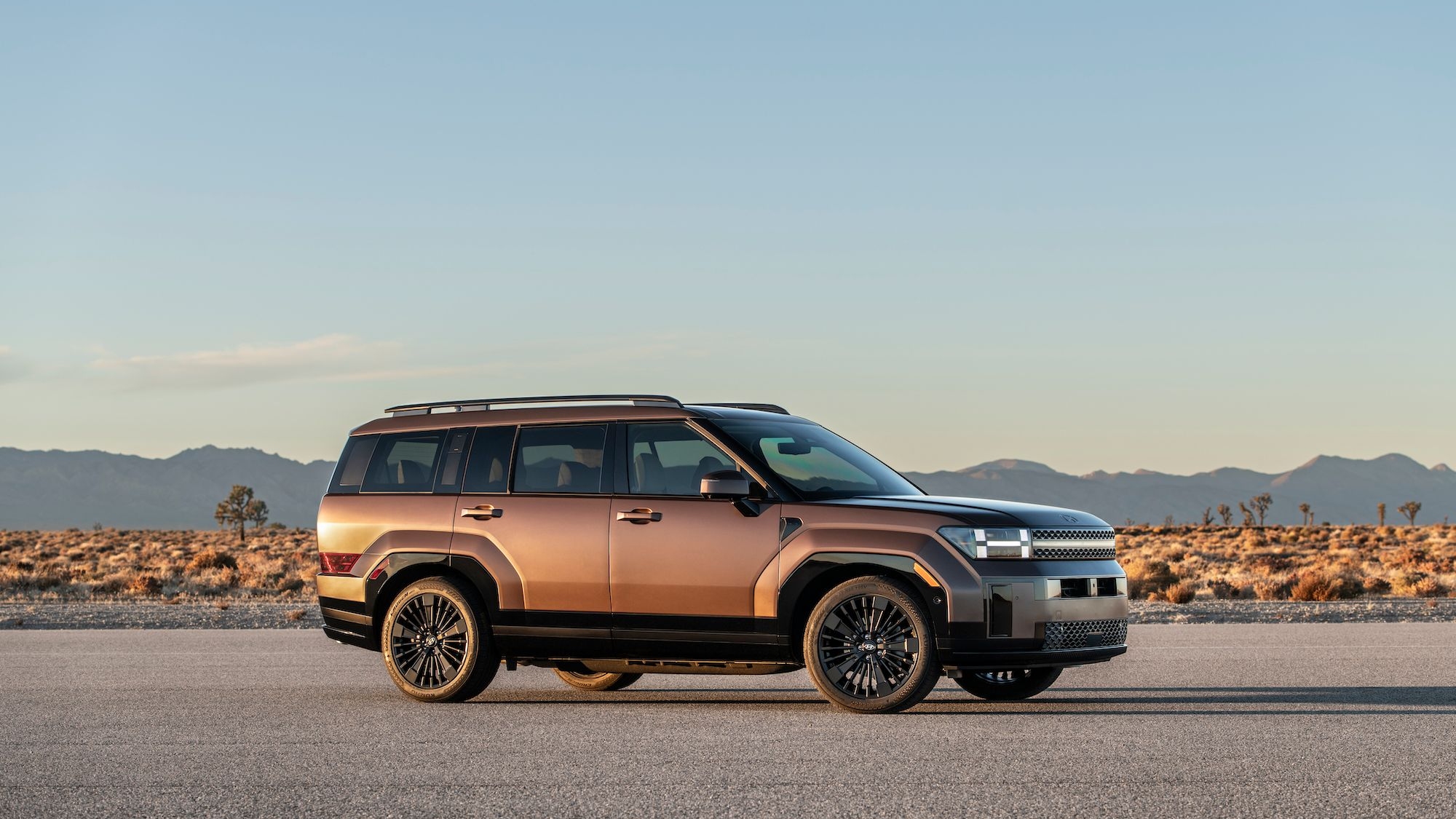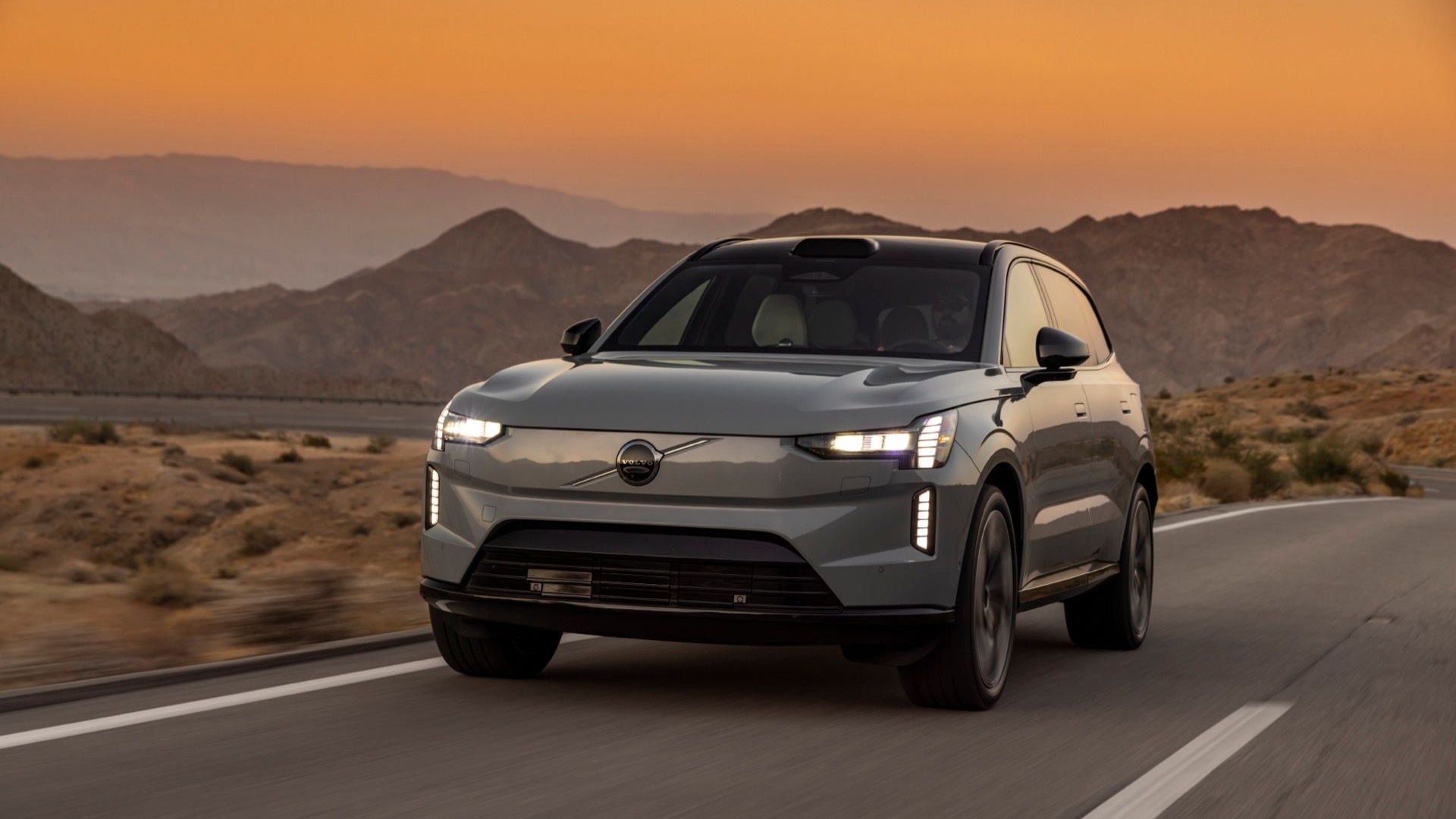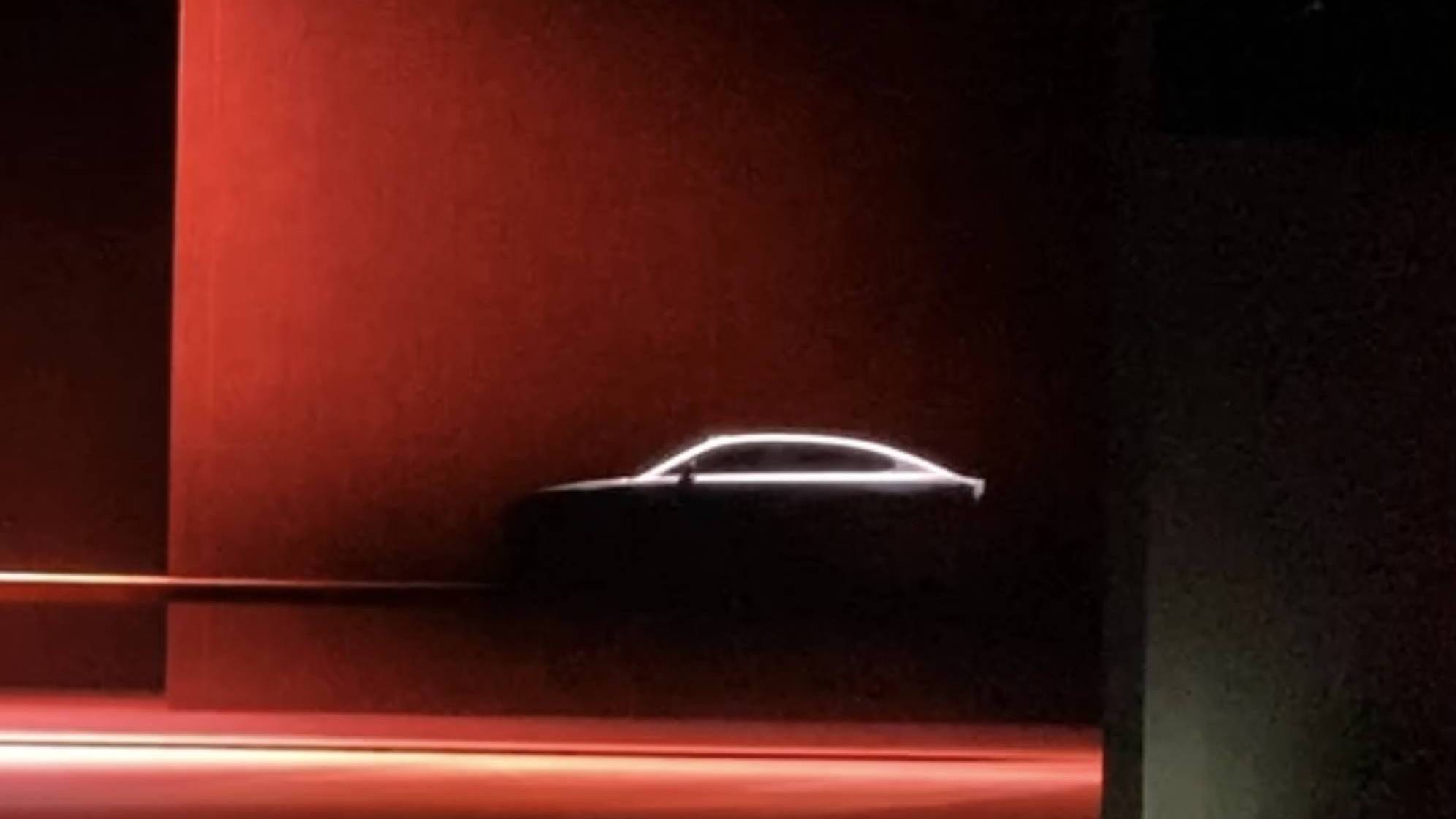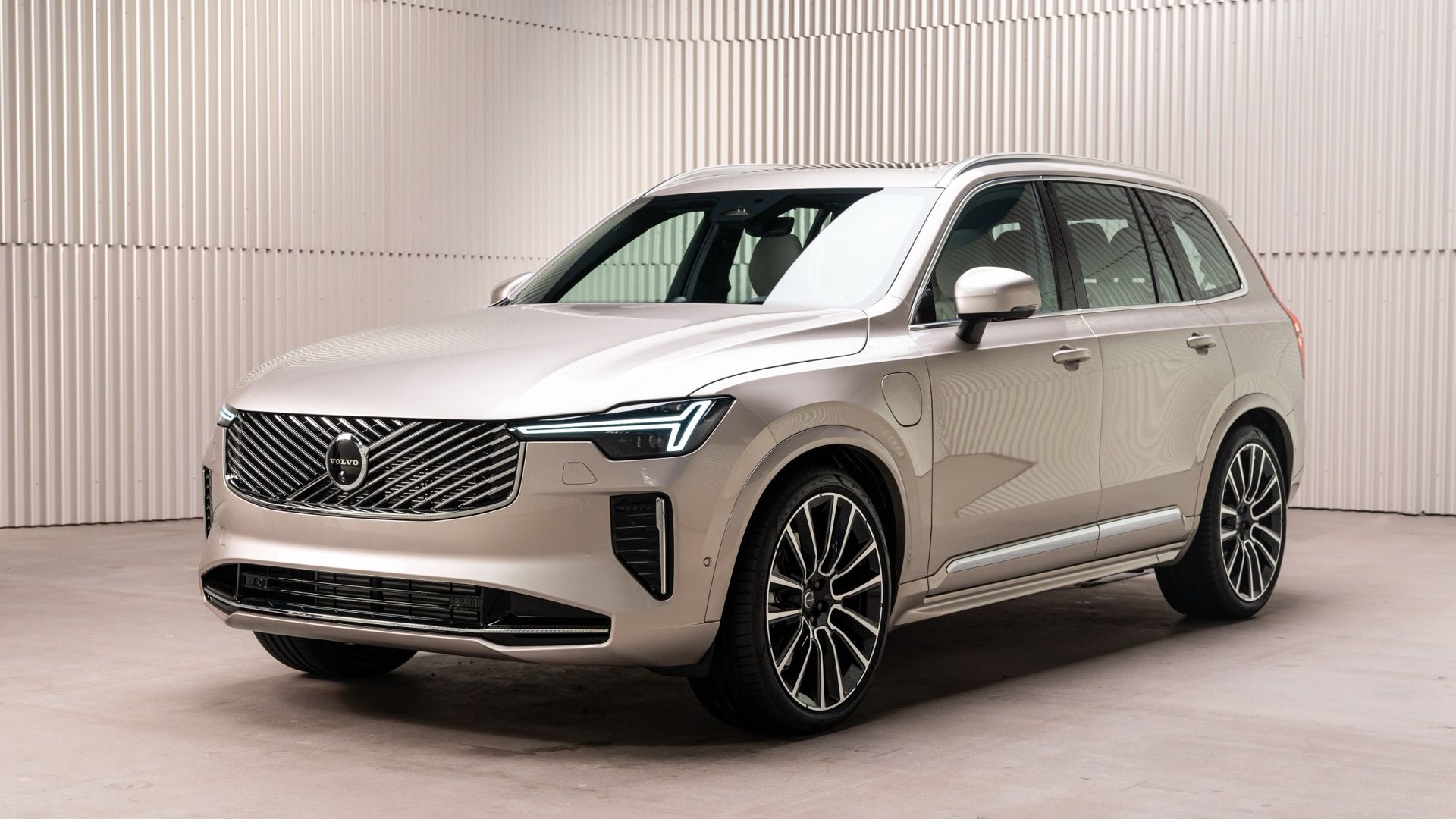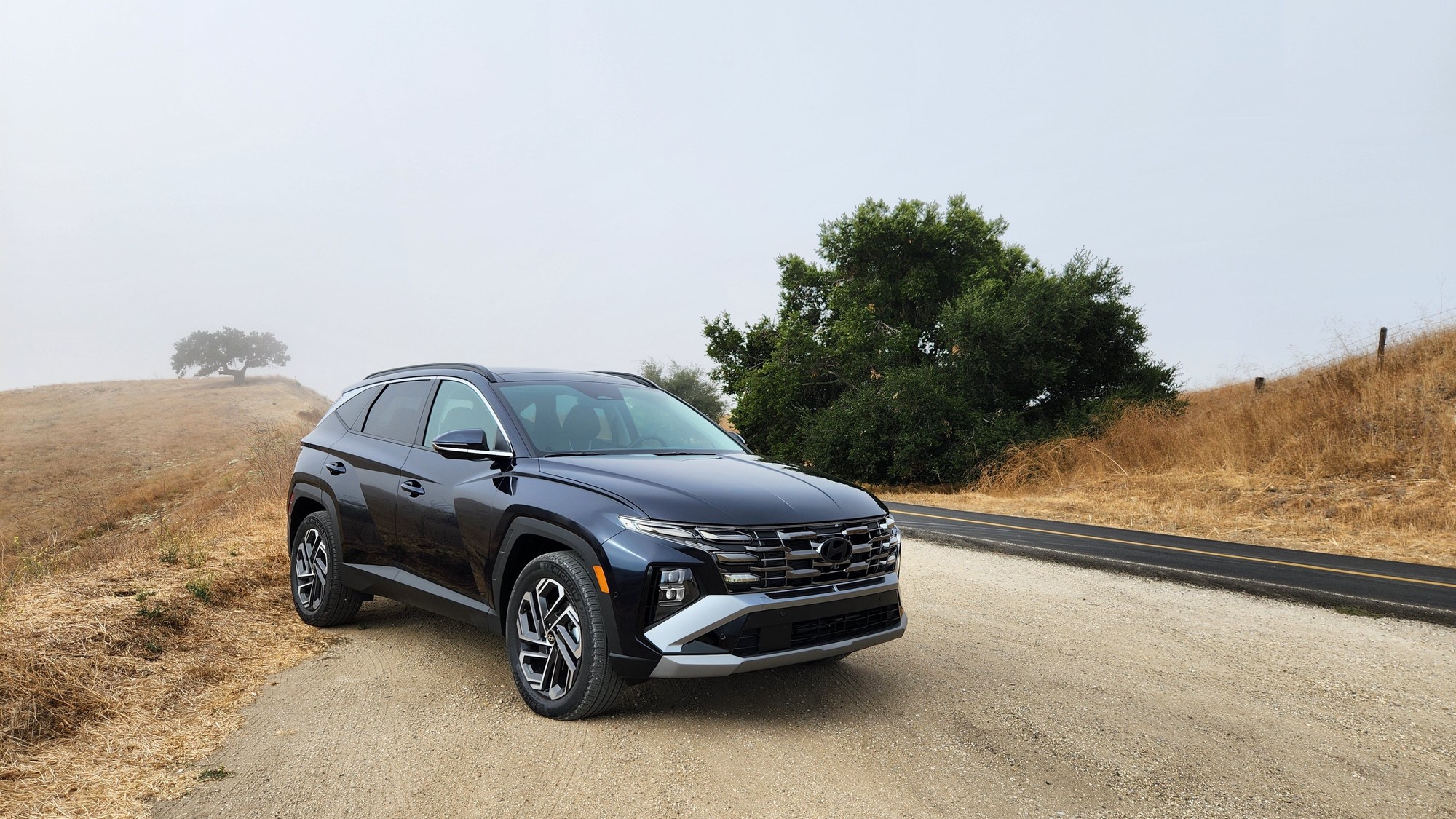- Porsche and Audi acknowledge the electric transition will take longer than anticipated
- Audi said plug-in hybrids will be the stepping stone, especially in the U.S.
- Both Porsche and Audi still plan to go all-electric
Two Volkswagen Group brands now expect the EV transition to take longer than originally thought.
Porsche previously said it was aiming for 80% EV sales by 2030, but the automaker said Monday that this would only happen if customer demand and technological developments allowed.
"The transition to electric cars is taking longer than we thought five years ago," Porsche said in a statement first reported by Reuters. "Our product strategy is set up such that we could deliver over 80% of our vehicles as all electric in 2030—dependent on customer demand and the development of electromobility."
In the meantime, Porsche will keep a greater amount of combustion-engine cars in its product mix.
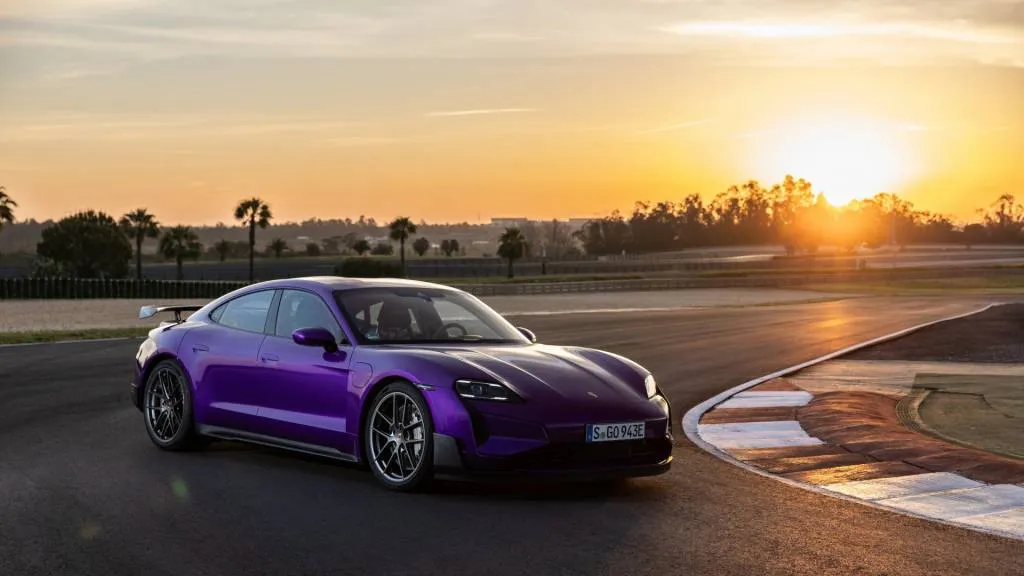
2025 Porsche Taycan Turbo GT Weissach package
"Our double strategy is more important than ever," Porsche said, referring to its continued development of both internal combustion and electric vehicles.
Fellow VW Group brand Audi still aims to have an all-electric lineup by 2033, but CEO Gernot Döllner said in an interview with Autocar published Monday that there will be an extended "transition phase" to get to that point, adding that Audi is looking to plug-in hybrids to help smooth out that transition.
"We recognized early on that plug-in hybrids were a relevant project technology and now we see that the bridge is longer than we initially thought," Döllner said.
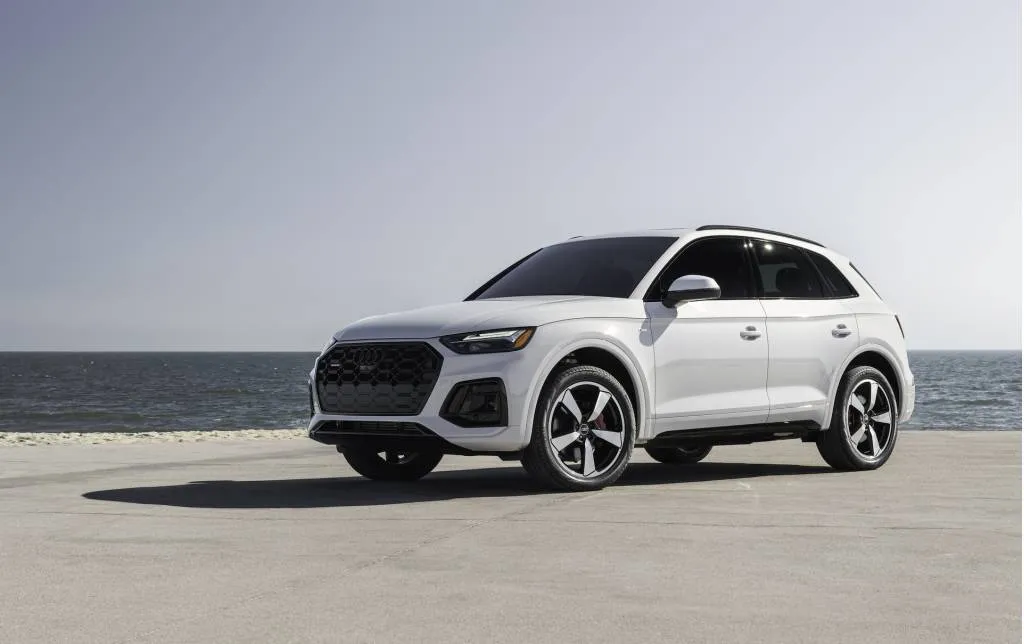
2025 Audi Q5
The 2025 Audi Q5 plug-in hybrid is the only such model in Audi's current U.S. lineup, but the automaker is planning a new generation of plug-in hybrids with up to 62 miles of electric range, as well as a new family of combustion engines, according to Autocar. The Premium Platform Combustion (PPC), Audi's next-generation platform for internal-combustion models that recently debuted with the new A5 sedan, can also accommodate range-extended powertrains, according to Autocar.
While this transition period could continue through the next decade, Döllner told Autocar that Audi still views EVs as the best solution in the long term.
"We believe, especially with the gradient of innovation in the battery-electric segment, that the battery-electric vehicle is superior," he said.
The automaker is still rolling out new electric models based on the Premium Platform Electric (PPE) shared with Porsche as it moves on from earlier-generation EVs like the Q8 e-tron.
